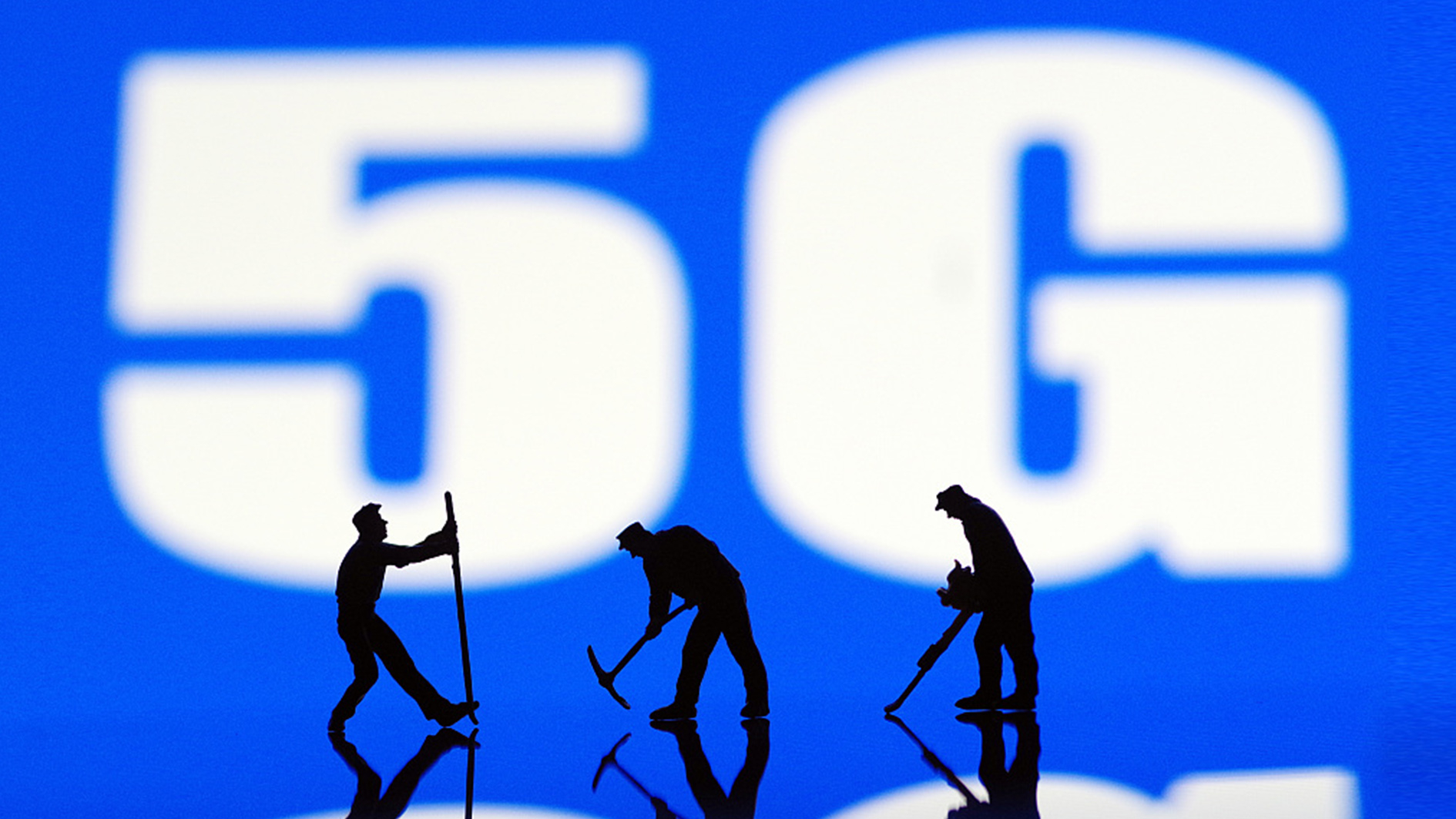
Technology
19:26, 04-Jun-2019
The two approaches in the 5G race
Updated
20:43, 04-Jun-2019
By Nayan Seth, Zhang Congying
02:27

Huawei, the Chinese tech giant who many experts say is leading the global 5G race faces backlash from the U.S. government. When banning Huawei, the U.S. claimed the Chinese company poses a national security risk. But it hasn't been able to provide any proper evidence. So is it about security or the technology of the future 5G?
Data from a U.S. government department report tells us an entirely different story.
The report filed by the U.S. government's defense innovation board spells out Washington's real concerns.
According to the paper, countries are looking at two separate approaches to Huawei's new spectrum for 5G.
The first, which is a global standard followed by the Chinese company, focuses on deploying a spectrum below 6 Gigahertz bands.
The other concentrates on deploying a spectrum from 24 to 300 Gigahertz.
Gigahertz is the unit for measuring electro-magnetic waves.
In simpler language, the first approach dominates global 5G activity. Most economies – including China and Europe – have largely signed up to it.
The second one has been adopted by the U.S., South Korea and Japan.
Last month, Europe made a decision to follow both approaches.
The report says America's approach would not make it a leader in 5G, as fewer countries are following it.
Also, U.S. companies would face technical limitations and challenges. As a result, they may find themselves without a global supply base.
The report also hails China's efforts, saying it was likely, as the current leader in 5G, that it would lead the charge. That, in turn, may put off U.S. Department of Defense operations abroad as they would have to use Chinese-made equipment.
The report also claims if the U.S. were to restrict its use of Chinese-made equipment inside the country, the U.S. is not a big enough market to prevent China's 5G suppliers from increasing their market share globally.
But the Trump administration ignored its own department's report and banned Huawei from supplying telecoms equipment last month.
However, the paper predicts that being excluded from the U.S. market would not affect the global operations of Chinese telecom companies, as their handsets and Internet applications are likely to become dominant.

SITEMAP
Copyright © 2018 CGTN. Beijing ICP prepared NO.16065310-3
Copyright © 2018 CGTN. Beijing ICP prepared NO.16065310-3